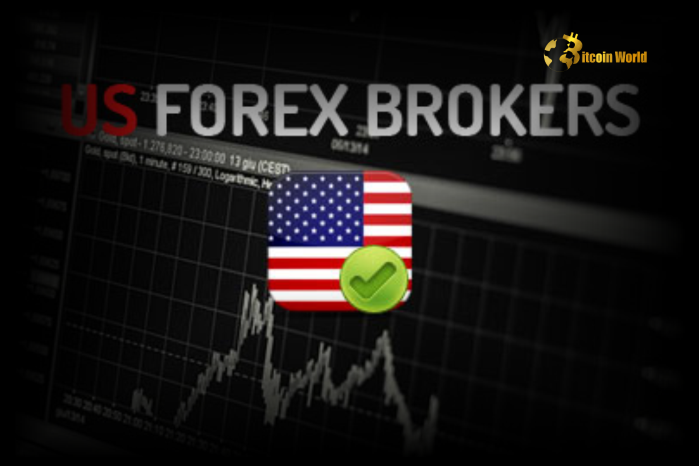Why Forex is Gaining Popularity in America
Why Forex is Gaining Popularity in America
Blog Article
How to Choose a Forex Broker in America
Foreign trade, or Forex trading, pulls millions of members in the United States every year. Their sheer size and liquidity make it one of the most attractive markets globally. Nevertheless, forex in us. has a distinctive and strict way of regulating Forex activities. If you are looking to business currencies or just wish to know how appropriate frameworks shape the Forex industry, understanding these regulations is crucial.

Critical Legal Frameworks Surrounding Forex in the US
Forex regulation in the United States is distinguishable because complete risk regulates and consumer protections. Two leading government bodies oversee most Forex actions:
• Commodity Futures Trading Commission (CFTC)
• National Futures Association (NFA)
The CFTC, made in 1974, is assigned with regulating the futures and possibilities markets, international trade included. The NFA, as a self-regulatory organization, operates tightly with the CFTC to enforce rules and maintain fairness in trading practices.
Registration and Compliance
Every Forex dealer or broker using the services of U.S. people must register with both the CFTC and NFA. These entities will also be required to stick to arduous functional standards, including:
• Minimal internet capital needs (often higher than in other countries)
• Continuous audits
• Strong anti-money laundering (AML) guidelines
• Clear risk disclosure
Violations may lead to big fines or a lasting ban from the market. This regulatory structure seeks to avoid fraud, protect investors, and improve industry integrity.
Important Restrictions on Forex Actions
Foundational defenses impact how Forex operates in the U.S.:
• Control limits: The NFA units a optimum leverage of 50:1 for key currency couples and 20:1 for minors. This really is much less than several world wide areas, helping defend new traders from significant losses.
• Segregation of funds: U.S. legislation requires that customer resources are kept split from broker working funds. This calculate safeguards traders in case a broker becomes insolvent.
• Advertising and disclosure: Firms must obviously describe risks, expenses, and trading systems to clients. Deceptive or aggressive solicitation methods face strict penalties.
Enforcement and Penalties
U.S. agencies often monitor for fraudulent schemes, insider trading, and illicit industry manipulation. Mathematical knowledge from enforcement studies reveals a consistent pattern of penalties and settlements lately, showing ongoing vigilance. That environment, while stricter than most parts of the planet, produces a safer enjoying field for retail and institutional traders alike.
What things to Contemplate as a US Forex Trader
Recent tendencies disclose an ongoing rise in regulatory activities, a focus on customer education, and constant updates to compliance requirements. If you plan to business Forex in the U.S., it's necessary to:
• Confirm a broker's active enrollment position
• Keep up-to-date with regulatory improvements
• Evaluation chance disclosures prior to making trades
This method minimizes unforeseen losses and enhances your prospects in a tightly controlled but strong marketplace. By understanding appropriate regulations, U.S. traders can confidently take part in the Forex industry while keeping within the variables of the law.
Report this page